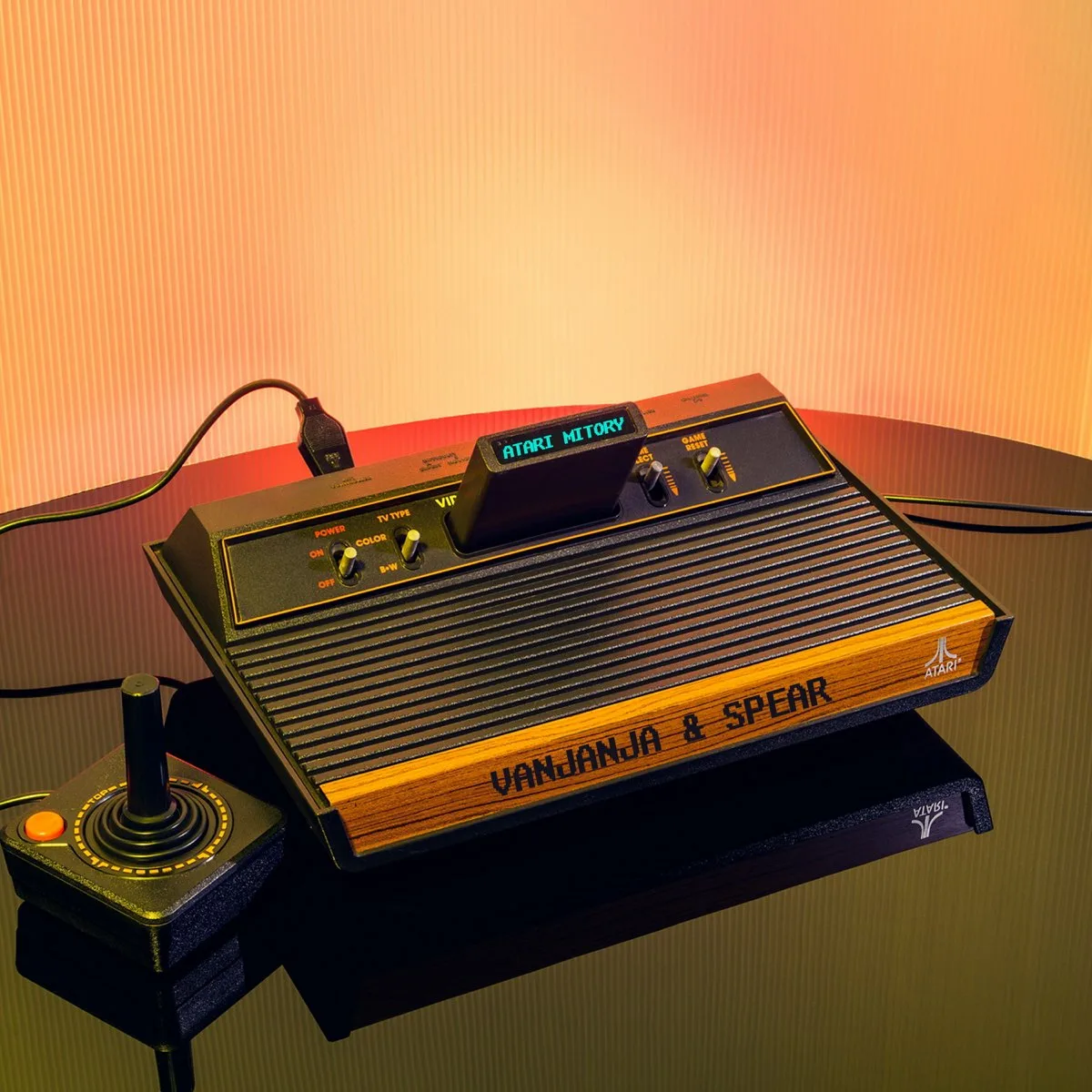
1977 Atari crushed ChatGPT in chess after 1.5 hours of play
The chess battle between past and future ended unexpectedly. Imagine. An old Atari console from 1977 crushed modern artificial intelligence ChatGPT. Programmer Robert Caruso organized this unusual competition, whose results surprised many.
ChatGPT played like a complete beginner. Confused rooks with bishops, lost pieces on the board and violated basic chess rules. Even switching to standard chess notation didn’t help the language model. Caruso spent 1.5 hours constantly stopping the artificial intelligence from making the grossest mistakes until it finally admitted defeat.
And what about Atari? The old console simply did its job – calculated positions one move ahead. And made decisions based on strict rules. The reason for such a rout lies in fundamentally different technologies. Chess engines are highly specialized algorithms tailored for a specific task. They use computational power to analyze millions of possible positions.
Large language models work completely differently. ChatGPT predicts the next token based on statistics from training data, not applying game rules. Language models forget previous moves and even invent non-existent pieces. However, I didn’t find information about which exactly ChatGPT model was used in this confrontation.
